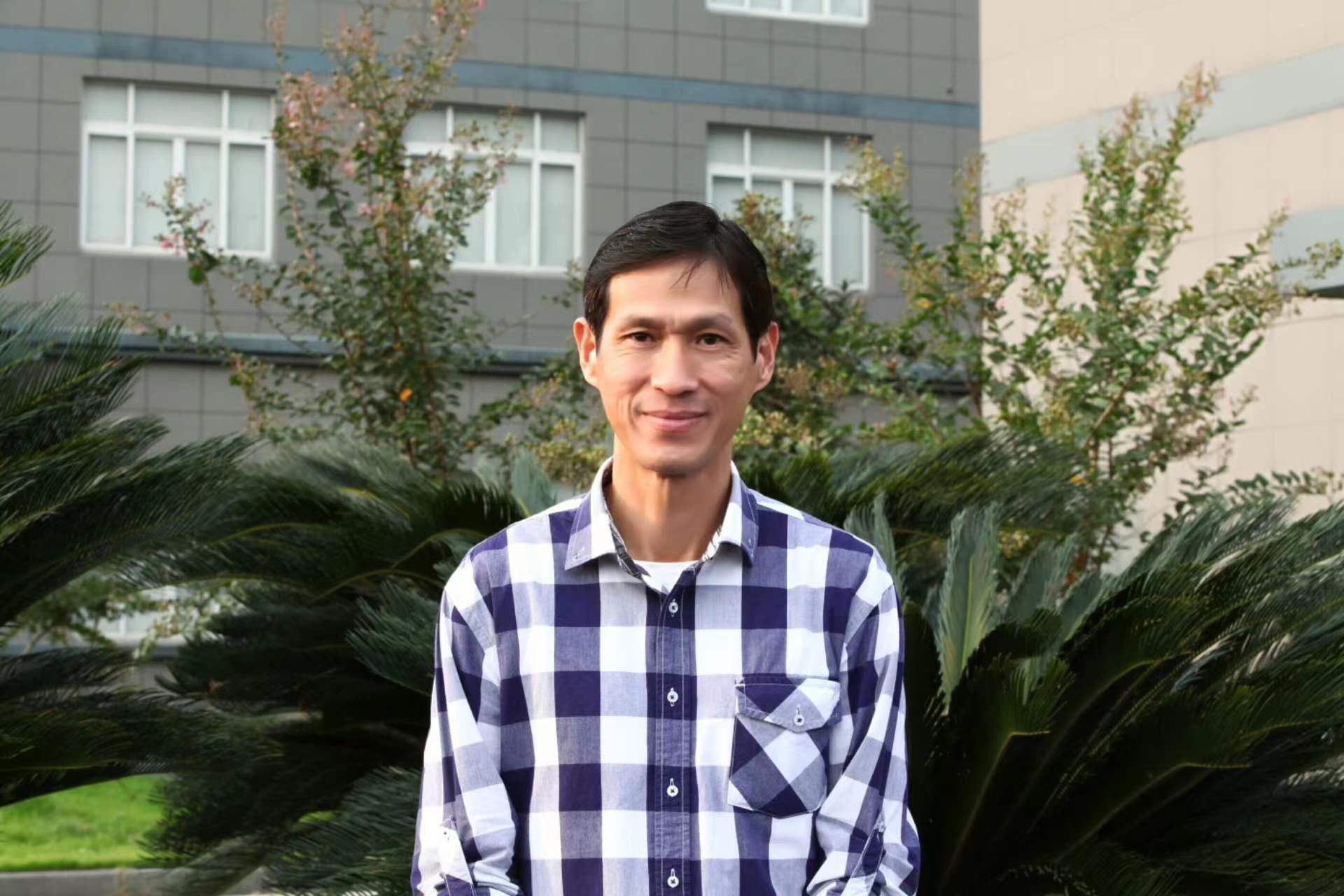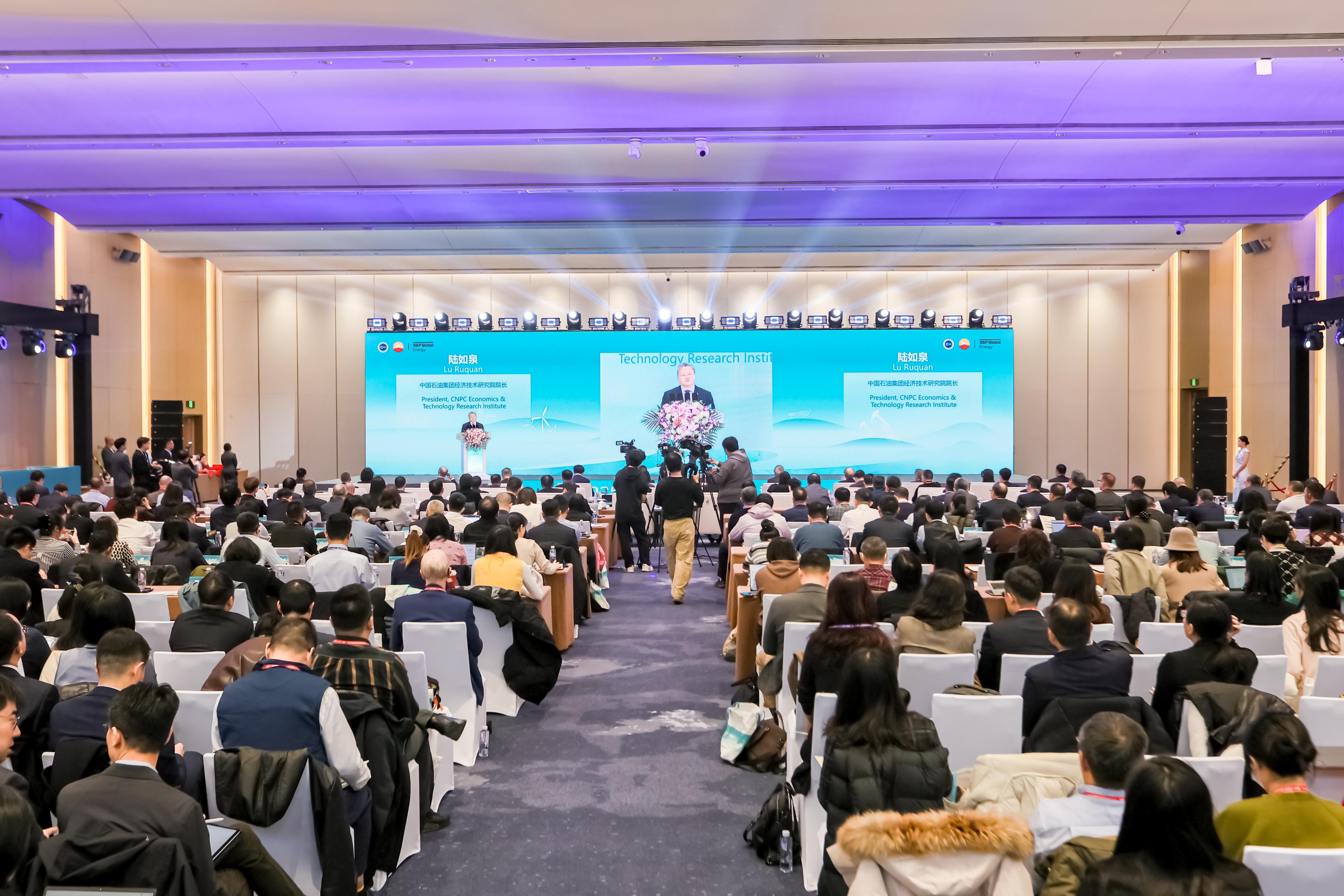A Malaysian Expert's Vision: Innovation, Cooperation

Professor Show Kuan Yeow. (COURTESY PHOTO)
By Staff Reporters
Show Kuan Yeow, a renowned Malaysian scientist, has devoted himself to industrial and municipal wastewater treatment for more than three decades. Before joining the Chinese wastewater-treatment company Puritek as a researcher in 2014, Show was a professor at the Nanyang Technological University in Singapore. He currently serves as the director of the Research Institute at Zhejiang Juneng company, a subsidiary of Puritek, and his primary responsibility is to promote new technological advances and applications. Show recently spoke to Science and Technology Daily about his interpretation of China story.
S&T Daily: What is the significance of wastewater treatment and how do you help people understand what you do?
Show Kuan Yeow: As we know, Earth is the only planet in the solar system that is covered by water. Every living thing from people, plants, animals, and even those too tiny to see, like microbes, needs water to survive. Without water, life on Earth would never have begun. As a scientist researching wastewater treatment, the aim of my work is to protect the water environment as a life-sustaining resource so that clean water is accessible to all.
I have been giving seminars and talks to the general public on the significance of water environment protection. In sharing our research work in wastewater treatment, I normally show real samples of wastewater before and after treatment collected from our treatment plants. It can be mind-boggling to see how odious, dark coloured and chalky wastewater turned into clean and sparkling water resulting from wastewater treatment.
Does anything in particular stand out from the research you've carried out in China?
One of the successful applications is the treatment of paint wastewater from a large-scale paint manufacturer in Zhejiang. The wastewater was characterized by complex chemical compositions with recalcitrant compounds which are not degradable. Using the biogranulation technology we developed, the innovation improved significantly the treatment efficiency, satisfying the most stringent trade effluent discharge standards. The innovation contributed to significant cost savings resulting from lower operating expenditures, thus solving the long-standing issue of expensive and energy-intensive treatment by incineration, distillation, or electro-catalytic oxidation commonly practiced in the industry.
The innovation has gained recognition from the end users and government and has been promoted by the paint industry as a demonstration project. We have applied the innovation in over 70 industrial projects, including centralized wastewater treatment plants in chemical industry parks.
Investment in R&D is important to sci-tech progress. How do you assess the role of enterprises' investment in R&D?
In terms of the challenges, business competition is getting stiffer not only in China but worldwide. Companies must be encouraged and willing to invest in R&D in order to leapfrog to a higher level of technological advancement.
Taking chemical wastewater treatment as an illustration, treatment of wastewater especially that generated from the petrochemicals and coal chemicals industries, is getting more complicated. Increasingly complex wastewater is being generated from production of new chemicals and products. Some of the wastewater contains recalcitrant or toxic pollutants that are not readily degradable and have not been successfully treated anywhere in the world. This is where R&D can play an important role in developing innovative ways of treating the recalcitrant and even toxic contaminants.
In the current context, what are your expectations of international cooperation in the sci-tech sphere?
The transformation in China over the last three decades marks a milestone in the history of reform and opening up. Significant achievements and advances had been made through dedicated reform and opening up. These had created solid foundations and favorable conditions for China's continued development. From the 20th National Congress of the Communist Party of China, a clear message has been conveyed that China will advocate a broader agenda of opening up across more areas and in greater depth.
I believe China will pursue a more proactive strategy of opening up to draw greater international cooperation and talents in science and technology. By conglomerating the expertise and international perspectives of global talent, China is committed to tackling the challenges faced by the country and the world, such as global climate change, and to build a global community with a shared future and a better world. I would love to see a flourishing globally oriented network of innovation, and the world would benefit from China's prosperity.
As a successful scientist, do you have any words of encouragement to the younger generation who may wish to pursue a sci-tech career?
To the younger generation, I would like to say that, as the technological world continues to evolve and advance, the future of sci-tech has never been more important. As a matter of fact, one should focus on effort, not talent or grades. Be persistent and not afraid of failure. As Thomas Edison once said, "Failure is the mother of success." Setbacks and defeats eventually lead to success.
Most importantly, one must have a passion for sci-tech work. Sci-tech can be interesting, and it can always link to problem-solving in the real world. A scientific finding could be significant, no matter how trivial it seems to be, because each little step may form an essential link that eventually leads to a discovery.
This article is also contributed by Jiaxing Science and Technology Bureau.







